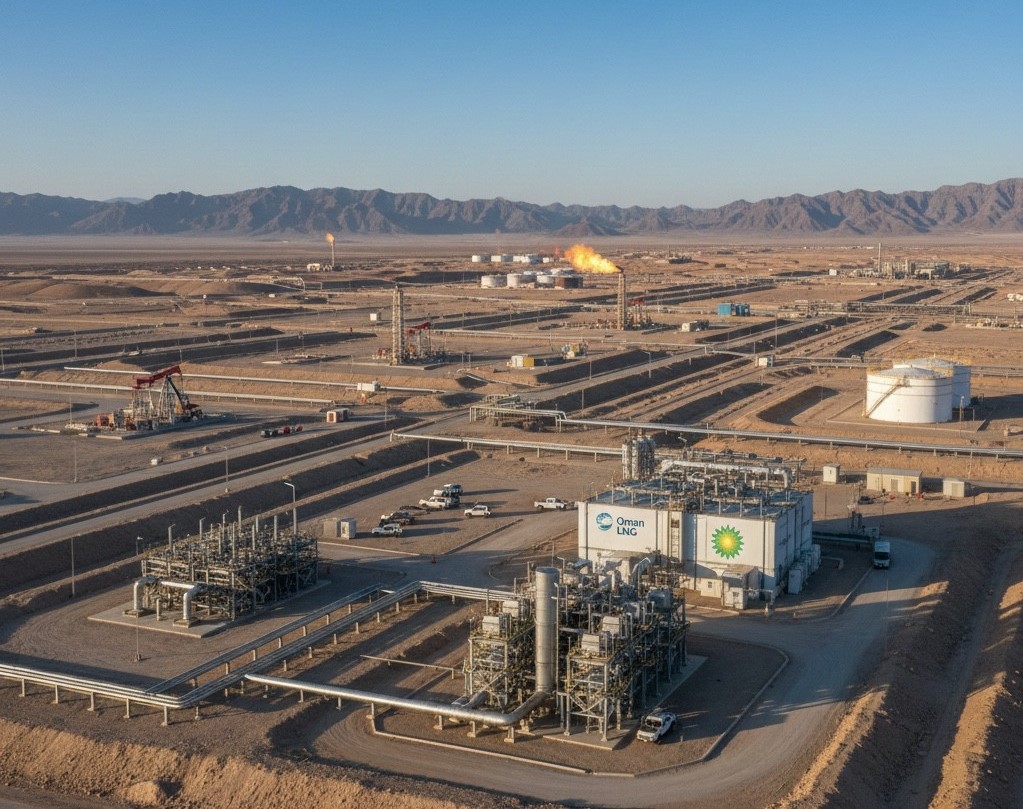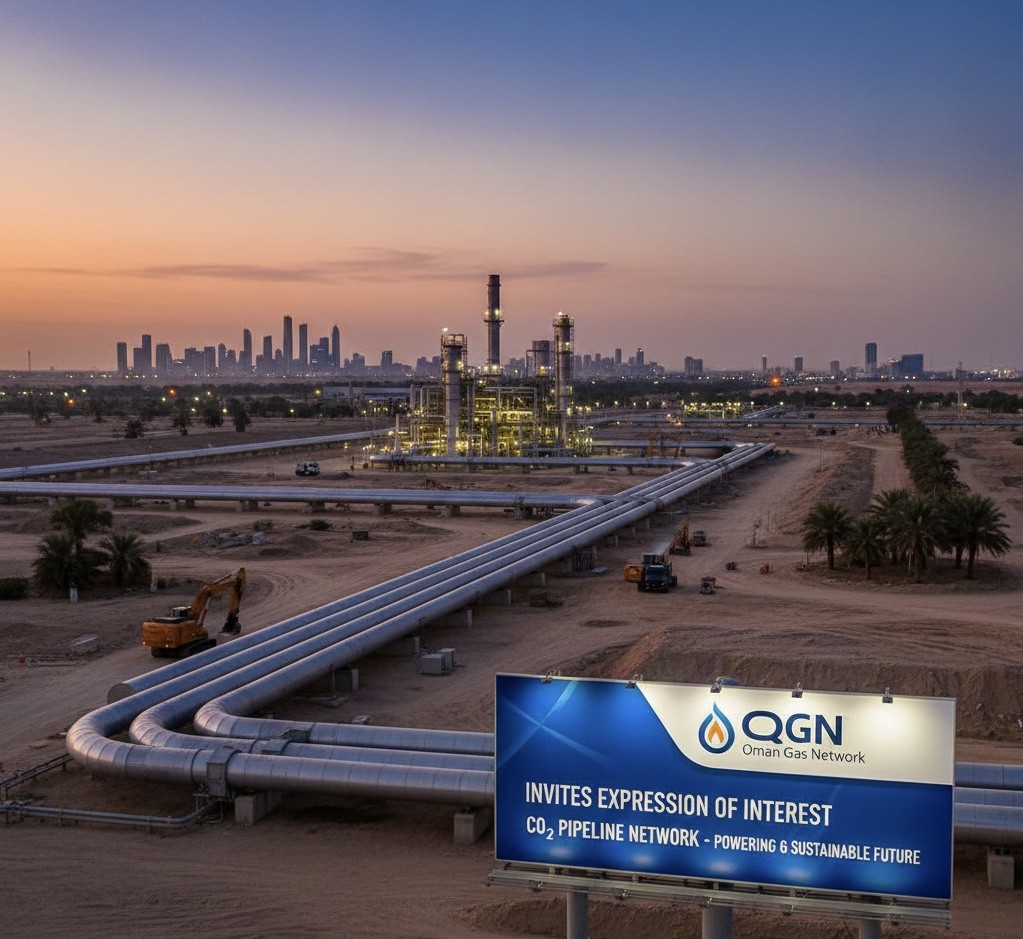Baghdad, September 2024 — Iraq’s ambitious Basra-Aqaba oil pipeline project, aimed at diversifying the country’s oil export routes, has run into significant political opposition. The project, which intends to transport up to 3 million barrels of crude oil daily to the Jordanian port of Aqaba, has become a focal point of controversy among various political factions in Iraq.
The 1,700-kilometer pipeline, valued at around $8.5 billion, is a key element in Iraq’s strategy to reduce its dependency on the Strait of Hormuz for oil exports. However, the project has sparked fierce objections, particularly from Shiite political groups. Critics argue that the proximity of the Aqaba port to Israel raises security concerns and could allow Israeli access to Iraqi oil. Moreover, some detractors believe that using the Aqaba route will be more expensive compared to Iraq’s southern oil terminals, potentially adding an economic burden(Pipeline Technology Journal).
Despite the opposition, the Iraqi government has pushed forward with the project, securing funding from the 2024 national budget. In a significant legal victory, the Federal Court recently dismissed a lawsuit aimed at halting the pipeline’s development, clearing the way for its continuation(Pipeline Technology Journal).
Strategic Importance
The Basra-Aqaba pipeline is seen as a critical step in Iraq’s effort to secure alternative export routes for its oil, especially in times of geopolitical tension in the Gulf. The project is expected to enhance Iraq’s oil export security by bypassing the Strait of Hormuz, a chokepoint that has seen frequent disruptions due to regional conflicts.
With a fluctuating cost initially estimated at $18 billion but later revised to $8.5 billion, the pipeline has received backing from international partners and funding from Iraq’s government. However, the political climate surrounding the project remains uncertain as opposition groups continue to voice their concerns(Pipeline Technology Journal)(شفق نيوز).
While the Basra-Aqaba pipeline promises to secure Iraq’s oil exports and reduce reliance on vulnerable shipping lanes, its future remains fraught with political challenges. The Iraqi government will need to navigate these internal divisions to ensure the successful completion of one of the country’s most significant infrastructure projects in recent years.





